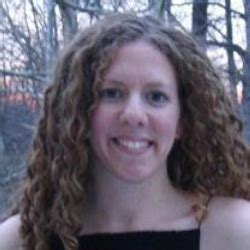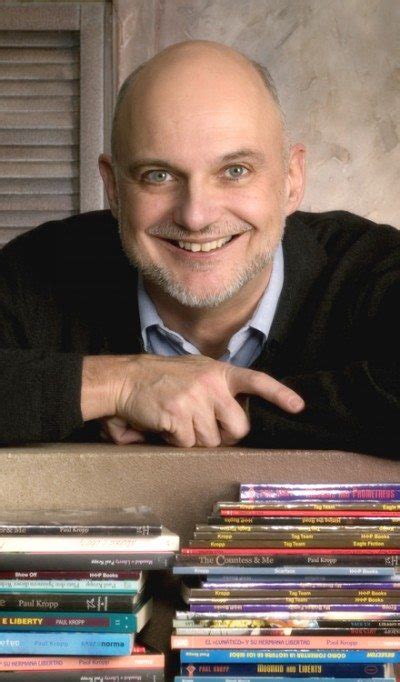A Quote by Anthony Doerr
For me, writing historical fiction is all about finding a balance between reading, traveling, looking, imagining, and dreaming.
Related Quotes
Writing, or at least good writing, is an outgrowth of that urge to use language to communicate complex ideas and experiences between people. And that's true whether you're reading Shakespeare or bad vampire fiction-reading is always an act of empathy. It's always an imagining of what it's like to be someone else.
I love being in the archives, traveling, sitting in dusty places and looking at books with brittle pages. I love reading biographies and researching, to make myself informed about whatever political or historical time I'm writing about. From there, a lot of the emotional truths about my characters emerge.
Writing fiction is not a profession that leaves one well-disposed toward reading fiction. One starts out loving books and stories, and then one becomes jaded and increasingly hard to please. I read less and less fiction these days, finding the buzz and the joy I used to get from fiction in ever stranger works of non-fiction, or poetry.
One of the biggest struggles that I've faced and overcome is finding a balance between emotion and facilitating it through logical means. One of the biggest challenges I have is finding that balance. This emotional mess that I am and this logical side of me, I try to find the medium that will balance me out. I think that's my big mission statement in life: to find that balance. It's a negative-positive and how that relates.
There are very real differences between science fiction and realistic fiction, between horror and fantasy, between romance and mystery. Differences in writing them, in reading them, in criticizing them. Vive les différences! They're what gives each genre its singular flavor and savor, its particular interest for the reader - and the writer.
Writers of historical fiction are often faced with a problem: if they include real-life people, how do they ensure that their make-believe world isn't dwarfed by truth? The question loomed large as I began reading 'The Black Tower', Louis Bayard's third foray into historical fiction and fifth novel overall.
I spent most of my teen years trying to figure out the rules of life, theories for why things happened, why people behaved as they did, and mostly I came to the conclusion that either there were no rules, or the rules sucked. Reading science fiction wasn't about imagining myself into some more exciting life filled with adventure, it was about finding a world where things worked the way I wanted them to.





































